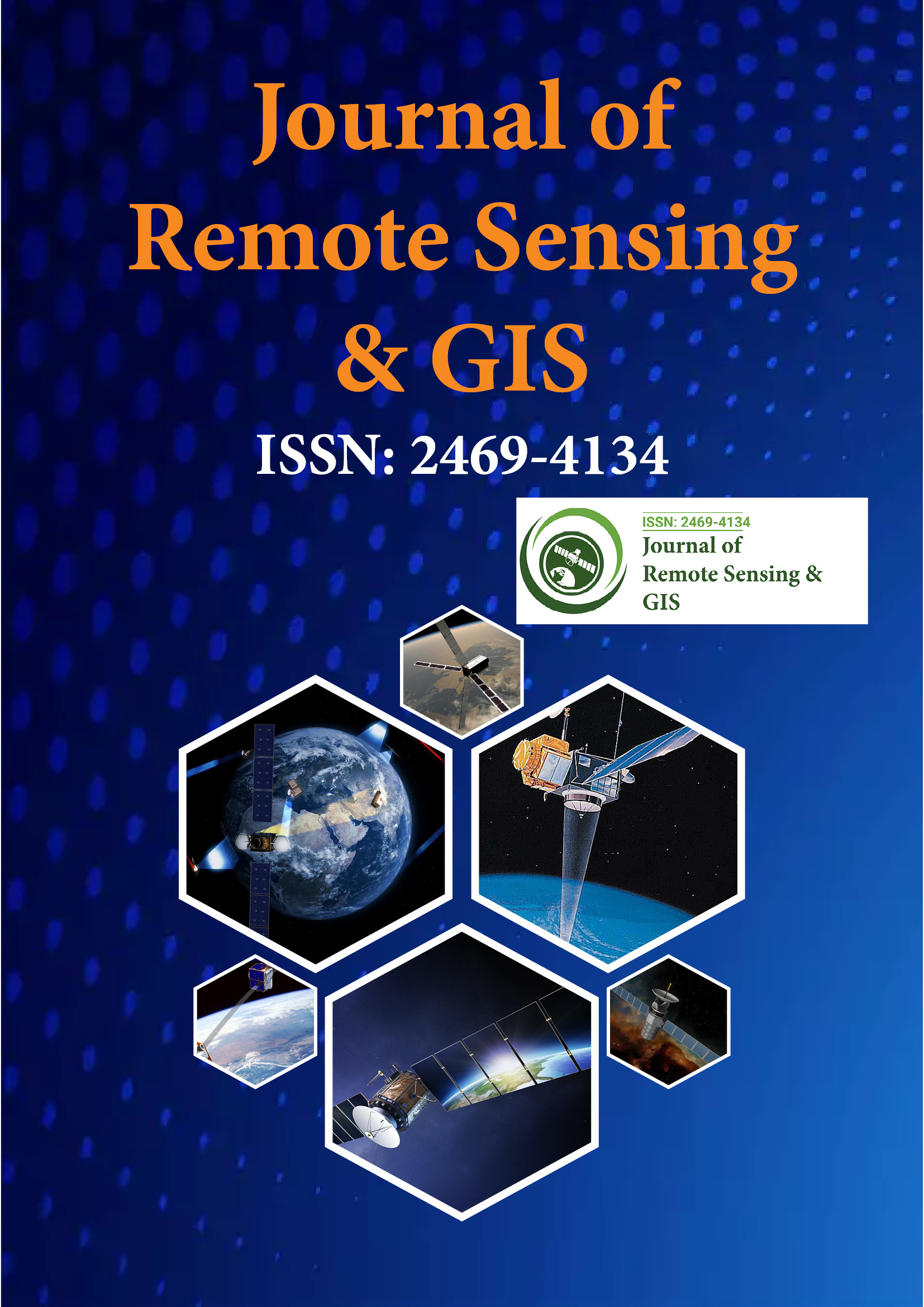Indexado em
- Abra o Portão J
- RefSeek
- Universidade de Hamdard
- EBSCO AZ
- OCLC- WorldCat
- publons
- Indexação Científica Internacional
- Euro Pub
- Google Scholar
Links Úteis
Compartilhe esta página
Folheto de jornal

Periódicos de Acesso Aberto
- Agro e Aquicultura
- Alimentos e Nutrição
- Bioinformática e Biologia de Sistemas
- Bioquímica
- Ciência de materiais
- Ciencias ambientais
- Ciências Clínicas
- Ciências Farmacêuticas
- Ciências gerais
- Ciências Médicas
- Cuidados de enfermagem e saúde
- Engenharia
- Genética e Biologia Molecular
- Gestão de negócios
- Imunologia e Microbiologia
- Neurociência e Psicologia
- Química
Abstrato
Avaliação da relação espaço-temporal entre as estimativas de precipitação pluviométrica e de satélite na bacia hidrográfica do rio Awash, Etiópia
Salih Edris, Daniel Teka, Amanuel Zenebe
Informações precisas sobre os dados de precipitação são essenciais para vários campos operacionais e de investigação. Convencionalmente, a medição baseada no solo é a principal fonte de dados de precipitação. Contudo, nos países em desenvolvimento, as redes de medições terrestres são muito escassas ou inexistentes. Uma alternativa a esta medição poderão ser as estimativas de precipitação baseadas em satélite (SREs). No entanto, os SRE necessitam de ser validados, uma vez que a sua precisão pode ser afetada pela topografia e pelo clima. Este estudo procura investigar a relação espaço-temporal entre os medidores e os SREs na bacia hidrográfica do rio Awash. A Precipitação Infravermelha do Grupo de Riscos Climáticos (CHIRP), o CHIRP combinado com observações de estação (CHIRPS) e a Climatologia de Precipitação Africana versão 2 (ARC2) são avaliados em escalas de tempo dekadal (10 dias), mensais e anuais para anos normais selecionados contra 37 medições baseadas no solo localizadas em diferentes cotas da bacia. É adotada uma comparação ponto-a-grade, utilizando ferramentas de validação estatística contínua. A análise temporal e espacial indica que a bacia apresenta uma tremenda variabilidade espacial na quantidade de precipitação que varia entre 190 mm nas terras baixas e 1300 mm ano-1 nas terras altas, com uma correlação significativa. Da análise geral na escala temporal decadal, mensal e anual, o CHIRPS seguido do CHIRP apresentou um melhor desempenho em comparação com o ARC2. O produto ARC2 são SREs mal executados com subestimações de elevadas taxas de precipitação. A concordância entre os SRE e a medição terrestre melhorou com o aumento da escala de tempo decadal (por exemplo, o CHIRPS tem uma correlação> 0,77, coeficiente de Nash-Sutcliff eficiente (Eff)> 0,59, raiz do erro quadrático médio (RMS) <22,1 e enviesamento ≤ 1,1) a mensal (correlação > 0,89, Eff > 0,79, RMSE < 39,0 e enviesamento ≤ 1,0), mas o desempenho destes produtos diminui quando os agregados numa escala de tempo anual (correlação > 0,40, Eff > -0,56, RMSE < 161,10) . De um modo geral, os SRE apresentam uma boa concordância com as medições terrestres sobre as partes altas da bacia à escala decadal e mensal, no entanto, numa escala de tempo anual, todos os produtos apresentam um melhor desempenho nas partes baixas da bacia. Este estudo demonstra a fiabilidade das estimativas de precipitação por satélite em regiões onde a rede espacial do medidor é altamente esparsa e inacessível.